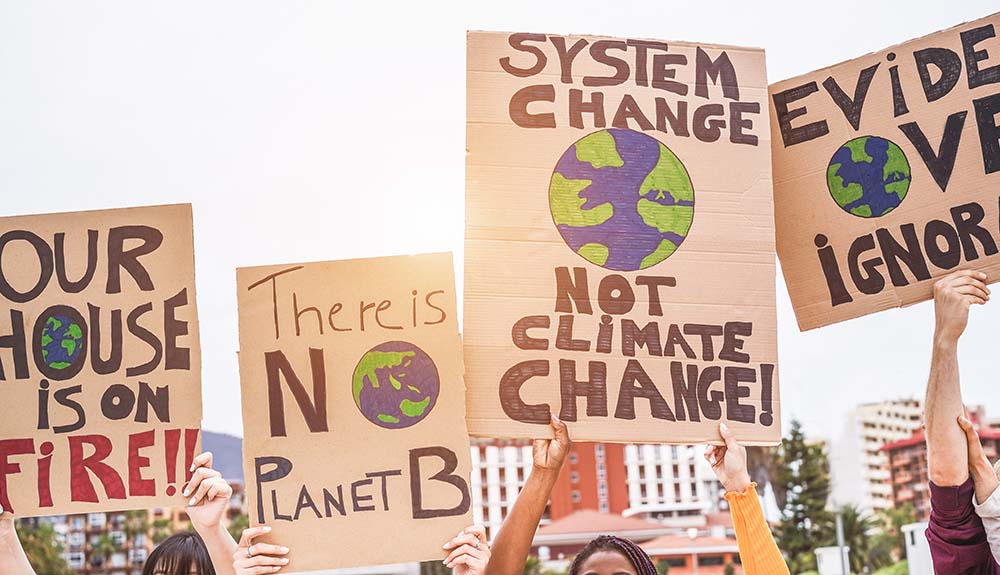Annela, a talented 24-year-old makeup artist, embarked on her professional journey during her undergraduate years. Initially, she honed her skills as an assistant to a makeup artist before gradually beginning to managing independent freelance projects. Flourishing in the freedom and flexibility of freelancing, Annela thrived for the first seven years of her career.
However, enticed by a compelling opportunity, she decided to transition into a conventional 9-to-5 job. In the early months, this shift brought stability with regular pay checks and well-defined routines. Despite the initial positive aspects, Annela soon found herself facing challenges within the corporate environment.
The majority of her colleagues were millennials, creating a generational gap as Annela belonged to GenZ. This resulted in difficulties, especially those related to understanding and communication, as the clash of diverse work cultures and expectations became apparent.

Sr HR Generalist, Himani Mathreja, who has been working in the IT industry for 9 years says, ‘GenZ is stepping into the professional arena, and we are seeing a unique set of characteristics and habits they bring along. It is crucial for companies to create inclusive and effective workplaces for future generations.’
Himani defines the characteristics and habits of GenZ in the workplace:
· The work expectations of GenZ are nothing short of exceptional. The term ’digital nomads‘ finds its roots in GenZ’s craving for remote work and flexibility, which rank high among their expectations.

· Transparency in work culture is a pivotal factor for them, as they seek opportunities for growth, productivity, and a workplace equipped with the latest tools and technologies.
· More open to change than their predecessors, GenZ's exposure to global events makes them adaptable, socially and politically aware change agents. They seek roles and careers that allow them to create, contribute, learn and embrace change for personal and professional growth.

· Despite their inclination for change, Gen Z values security and stability in the workplace. Shaped by the uncertainties of their upbringing, they prioritise job security and financial stability. Mitigating student loan debt is a key concern, making growth opportunities and skill development investments pivotal for building trust within the organisation.
· Climate change is a cause close to the hearts of Gen Z. During the process of job selection, they don't solely prioritise career development with prestigious banners. Non-materialistic and environmentally conscious, they prefer organisations with a green footprint actively working towards preventing climate change. Their inclusive and progressive position on this front, makes them a generation deeply aware of their surroundings and committed to making a positive impact.

· Entrepreneurial prowess is ingrained in the DNA of GenZ. Growing up in a world where technology has birthed profitable ventures, they are poised to leverage this knowledge for self-created opportunities. This business acumen is reflected in their focus on competitive compensation within the workplace.

· Authoritarian environments find less favour with GenZ. Accustomed to voicing their thoughts and receiving real-time feedback via social media, they expect their ideas to be heard and respected. A report by the Workforce Institute reveals that trust and support from a manager rank highest for GenZ. Supportive leadership motivates 32 per cent to work harder and stay longer, while an ineffective manager negatively impacts the performance of 29 per cent.
· Flexibility is a non-negotiable. They proudly claim to be the hardest working generation. However, this dedication comes with a caveat—employers must provide work-life balance and competitive benefits. Paid parental leave, generous vacation time, and flexibility in work location and hours are highly sought after, reflecting their desire for stability.
